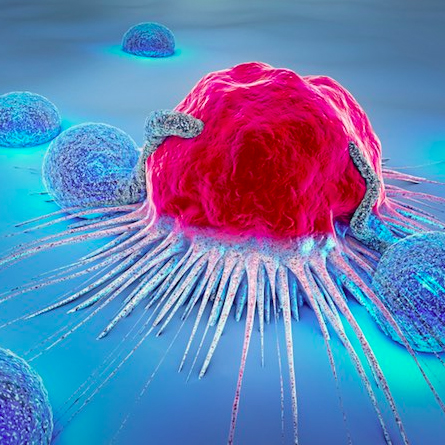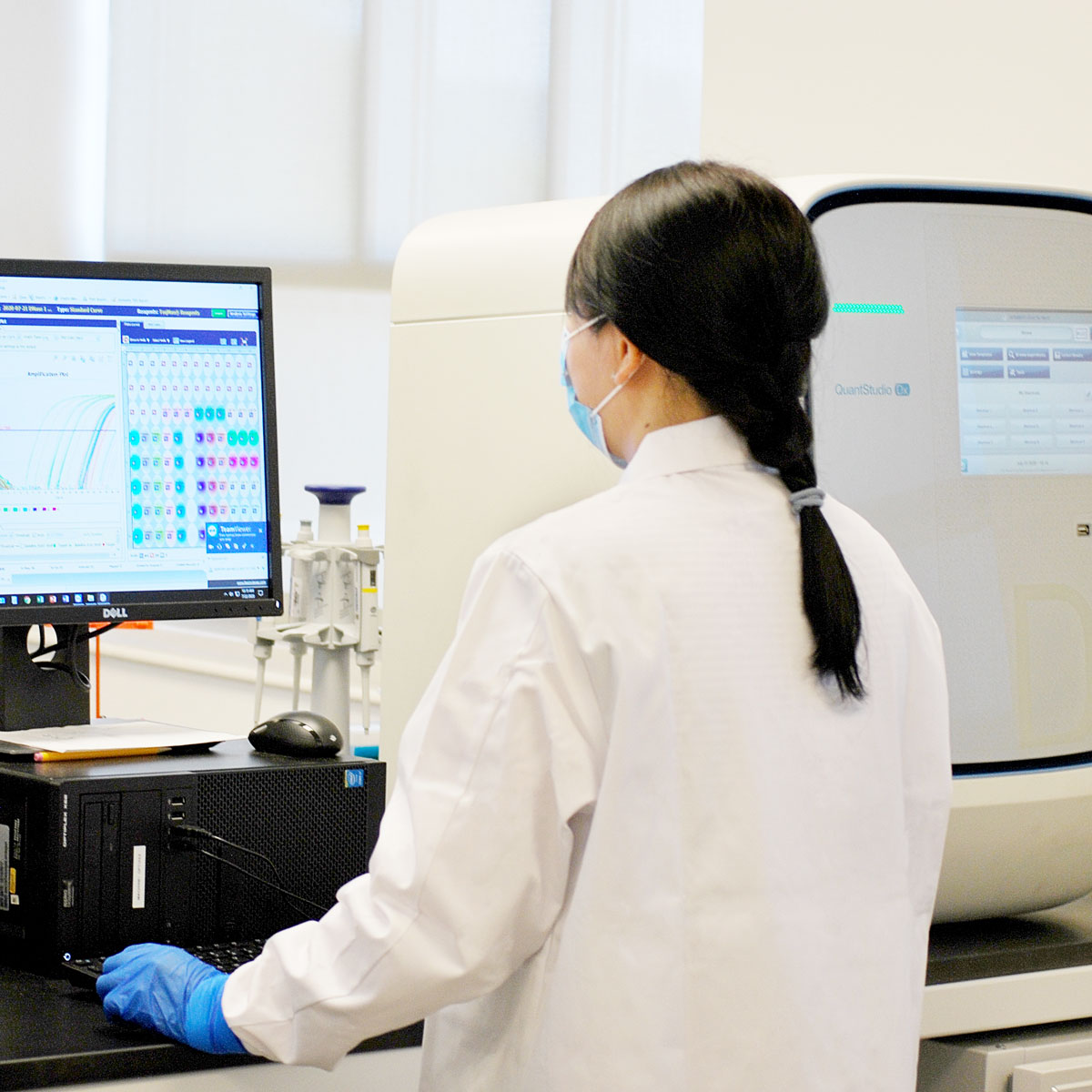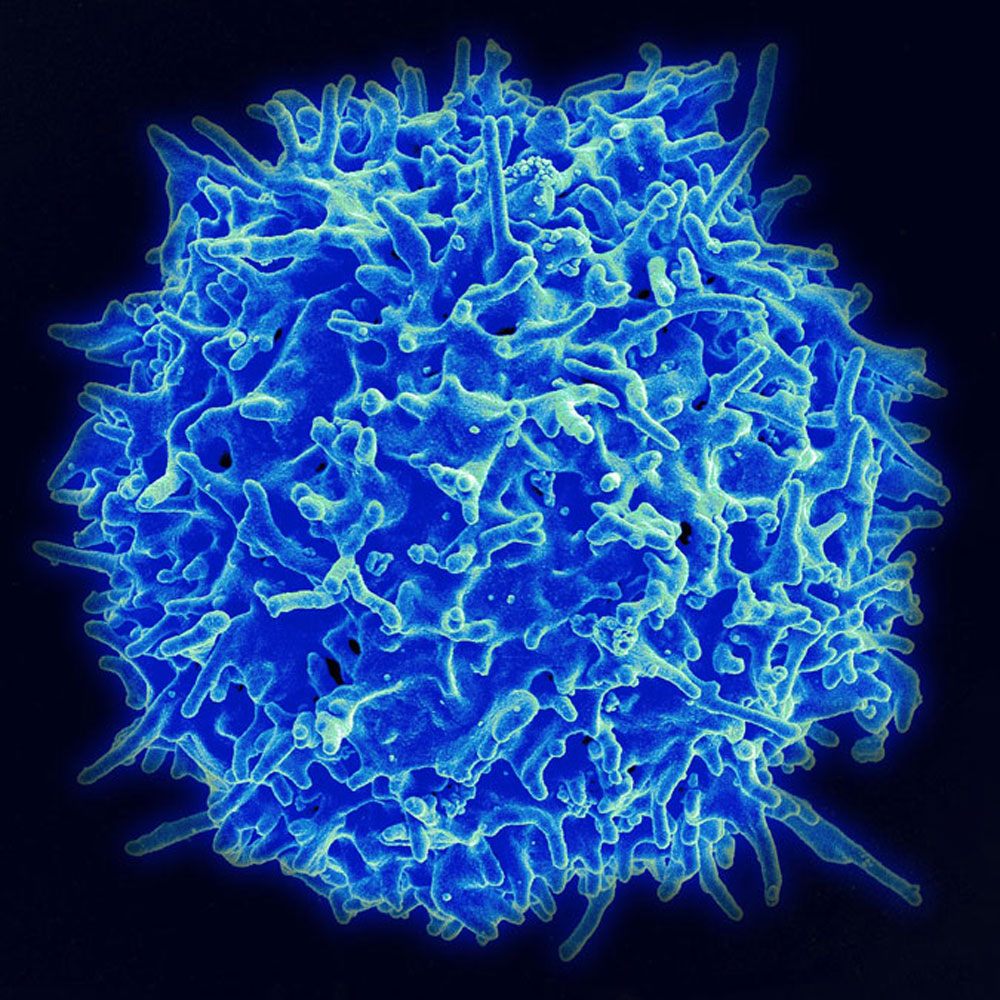OUR APPROACH TO CELL THERAPY FOR CANCER
The DeltEx™ Platform
Our DeltEx™ platform has enabled a deep pipeline of preclinical and clinical product candidates designed to effectively target and potentially eradicate cancer cells to improve patient outcomes.
- Advanced expertise in the manufacturing of ex-vivo, expanded, activated gamma-delta T cells
- First-in-class proprietary gamma-delta T cell engineering for chemotherapy resistance
- Advanced next-generation, closed-system, scalable, gamma-delta T cell manufacturing
- Broad applicability of our engineered DeltEx cells across multiple solid and hematological cancer indications


Gamma-delta T cells: Leveraging the Nexus of the Immune System
The innate and adaptive immune responses play critical roles in the fight against cancer. While both systems possess important functions, the most effective tumor killing occurs when they work together. Gamma-delta T cells are a unique subset of immune cells that sit at the nexus of the innate and adaptive systems and possess properties of both. Their multifunctional nature and complex receptor repertoire allow them to distinguish between healthy and cancerous cells. They can effectively kill tumor cells directly as well as recruit and activate additional immune effector cells to target and eradicate the tumor. Notably, gamma-delta T cells can eliminate cancer cells without prior antigen priming and have the ability to antigen present and trigger a broader immune cell response. These properties make gamma-delta T cells promising candidates for use in for both solid and hematological cancer therapies.
OUR GAMMA-DELTA TECHNOLOGY
DeltEx™ Drug Resistant Immunotherapy
Our DeltEx™ platform is designed to overcome many of the challenges associated with the expansion, genetic engineering and scalable manufacturing of gamma-delta T cells, allowing us to harness their unique properties for cancer therapies. Our core technology is a novel concept in cellular therapy, drug resistant immunotherapy, or DeltEx™ DRI, which uses intracellular engineering to generate gamma-delta T cells that are resistant to different classes of chemotherapy. These cells can be used in early and frontline treatment settings where they can survive combinations with therapeutic doses of chemotherapy. Chemotherapy, a mainstay of solid tumor treatment, can deplete and damage immune cells, including gamma-delta T cells, limiting their ability to seek and kill tumors. Chemotherapy treatment can also result in the selection of residual tumor cells that are chemotherapy resistant, which leads to disease recurrence. We have leveraged our proprietary genetic modifications to protect our DeltEx™ DRI cells from chemotherapy-induced damage, allowing for their concomitant delivery with chemotherapy so they can identify and kill residual tumor cells when the tumor is experiencing maximum chemotherapy-induced stress. This DeltEx™ DRI approach is the basis for several of our programs, including INB-200 and INB-400.

